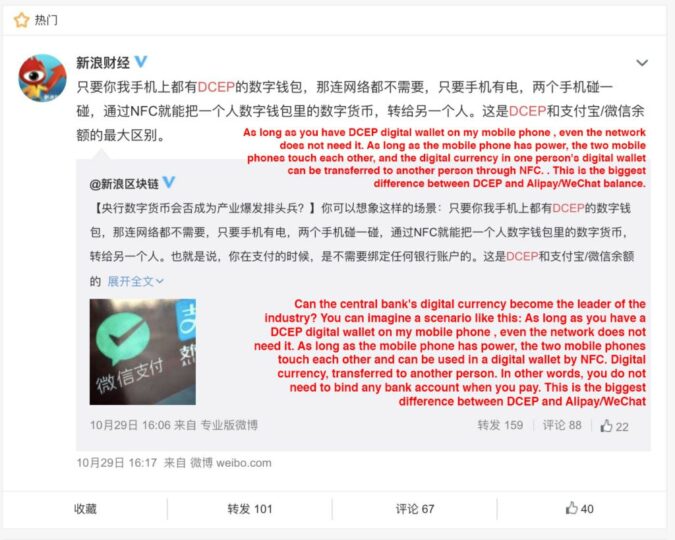Everbright Securities Chief Economist: There Are Four Risks At The Micro Level of DC / EP

According to the China Securities Journal, in response to the question “what are the risks of digital currency launch at this stage and how to effectively prevent them?” Everbright Securities Chief Economist Wensheng Peng laid out some interesting details.,
Everbright Securities Company Limited is a securities brokerage in China, controlled by the state-owned financial conglomerate, China Everbright Group. It was founded in 1996 and is based in Shanghai. It was the second IPO by a Chinese brokerage, following CITIC Securities in 2002.
According to Mr. Peng, speaking, DC/EP mainly substitutes for cash, which is determined by the trading needs of the economy, and the macroeconomic risks can be temporarily ignored. But, at the micro-level, it is necessary to deal with possible problems and prevent related risks:
First, the anonymity of digital currency transactions is less than that of cash payments, which helps the central bank with identifying anti-money laundering and anti-terrorist financing activities. nevertheless, it also brings about the problem of the security and privacy protection of residents’ information. DC/EP needs to achieve controllable anonymity between information security and the prevention of illegal and criminal acts.
Second, when individual small and medium-sized financial institutions that are not well-managed are exposed to bank runs g, digital currency may increase the convenience of running. In response to this risk, on the one hand, it is necessary to adopt an orderly, controllable, delivery method to release digital currencies; on the other hand, it is necessary to increase financial publicity and education, improve the deposit insurance system, and protect the interests of depositors.
The third problem relates to big data, including how to determine the property rights and public-goods attributes of said data. The public-goods nature of data can be realized through the participation of the private sector, but it will bring about monopoly and competition problems. For example, Alipay and WeChat payment now are market competitors. In the future, the central bank digital currency will be added. The central bank then will be both a participant in the market competition and a regulator. How does it balance the possible conflicts of interest between these two roles? For the property right and use of big data, it may be necessary for the central bank and financial institutions to gradually clarify through practical use.,ut it must be established on the premise of protecting the information security of residents.
Fourth and lastly, the stability and security of the operating system. The payment system is an important infrastructure, just like the electricity supply and the water supply. It is deeply tied to the daily life of the people and the stability of the economy. As a result, the central bank is more cautious on the issue of digital currency, and it is expected to start from a small-scale test and work its way up.












